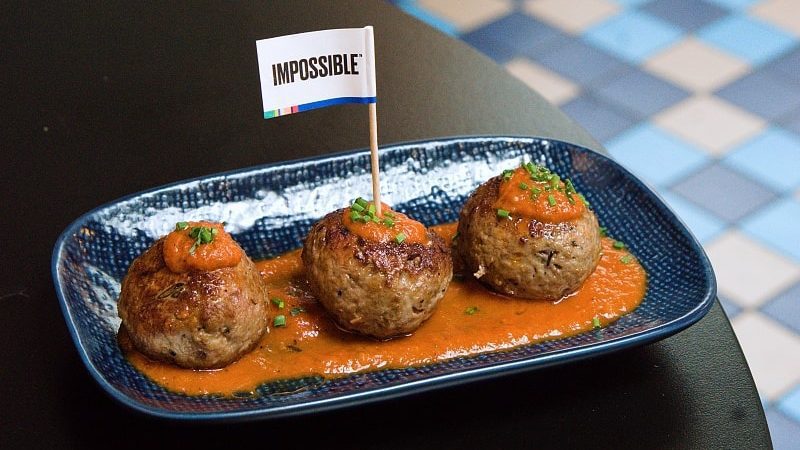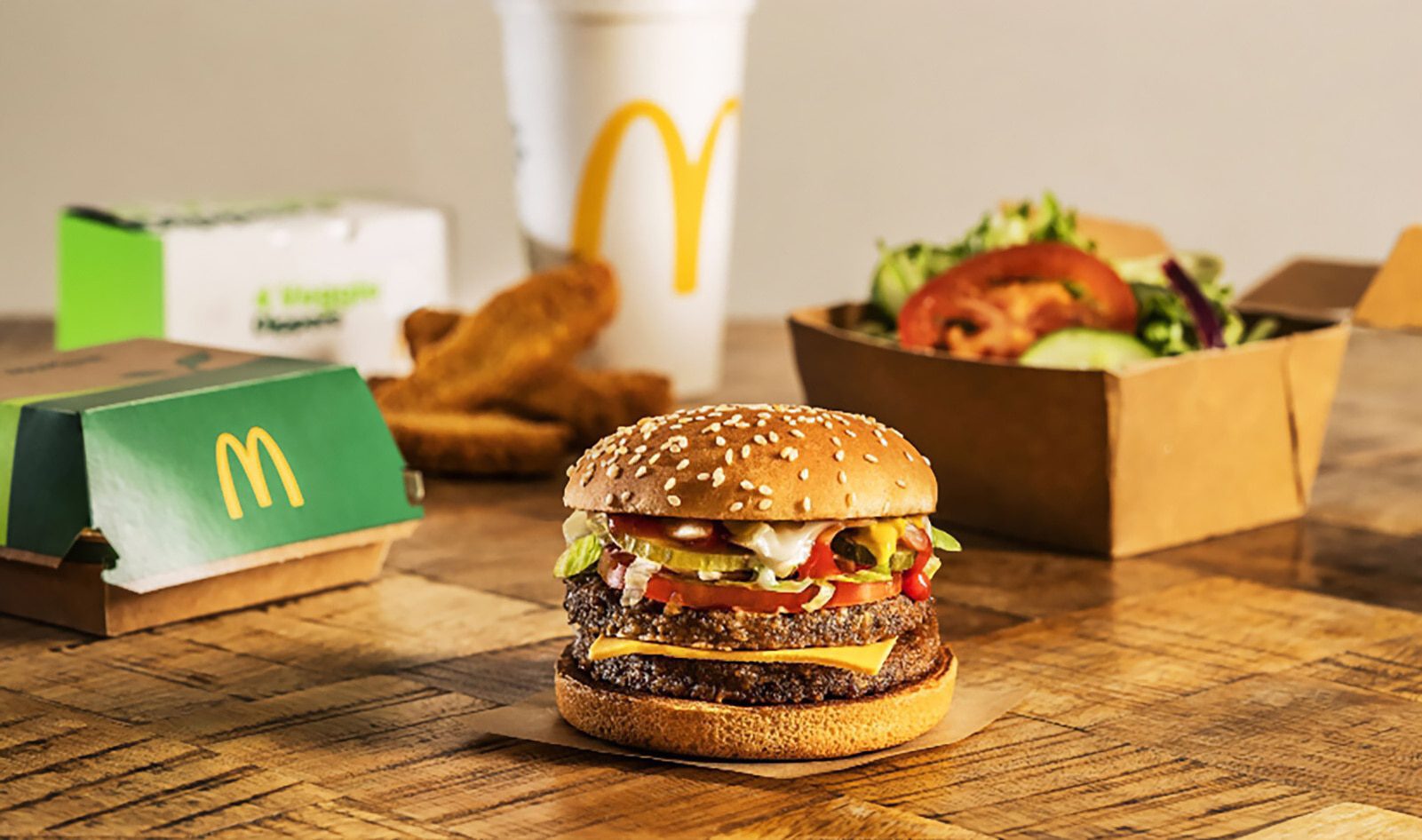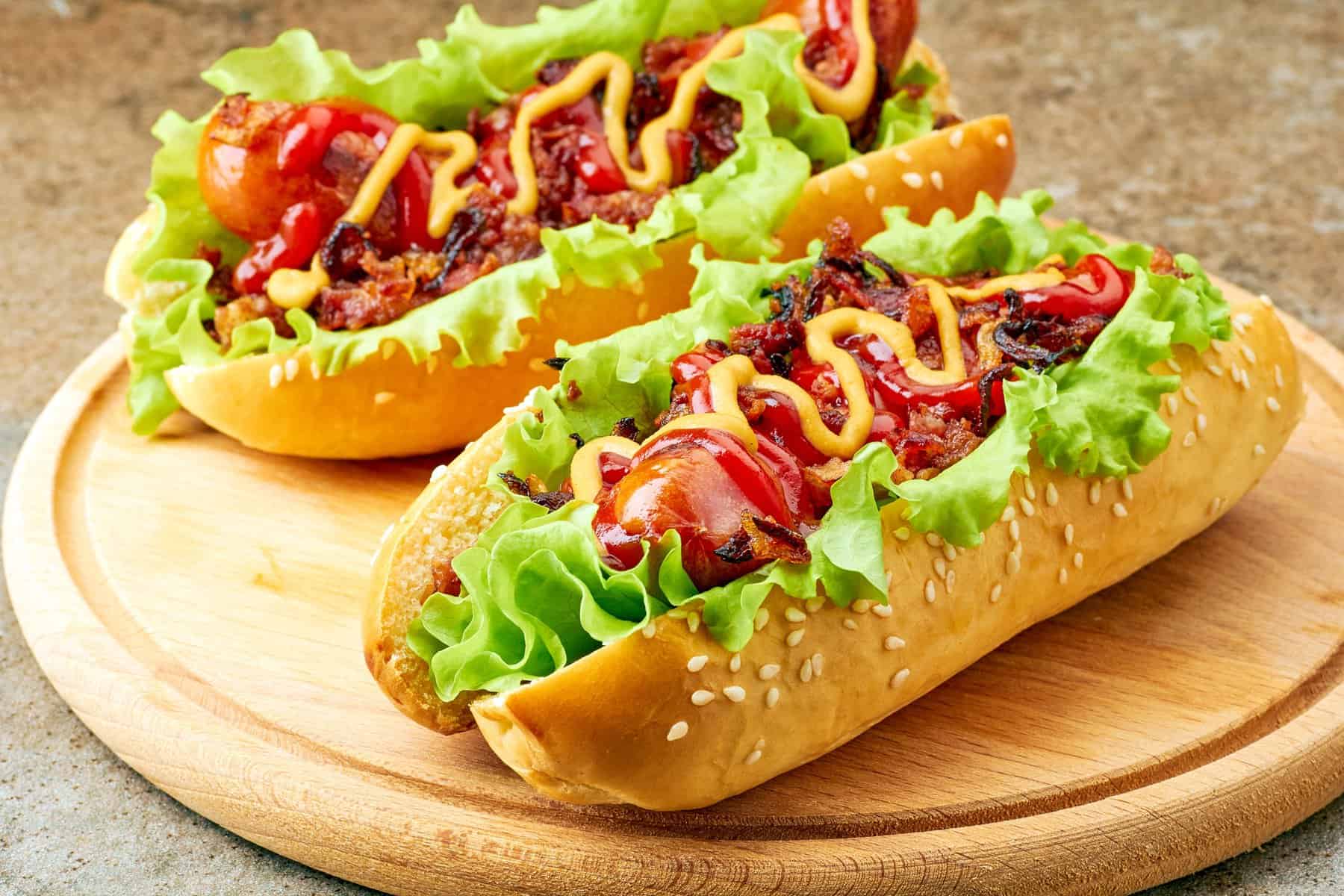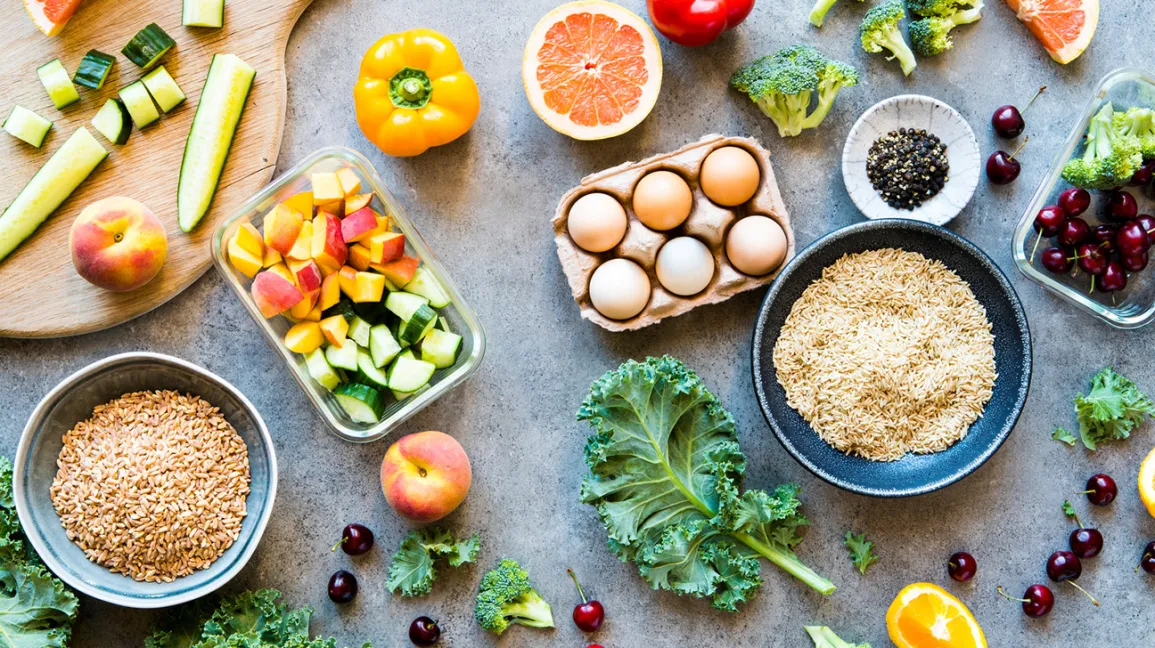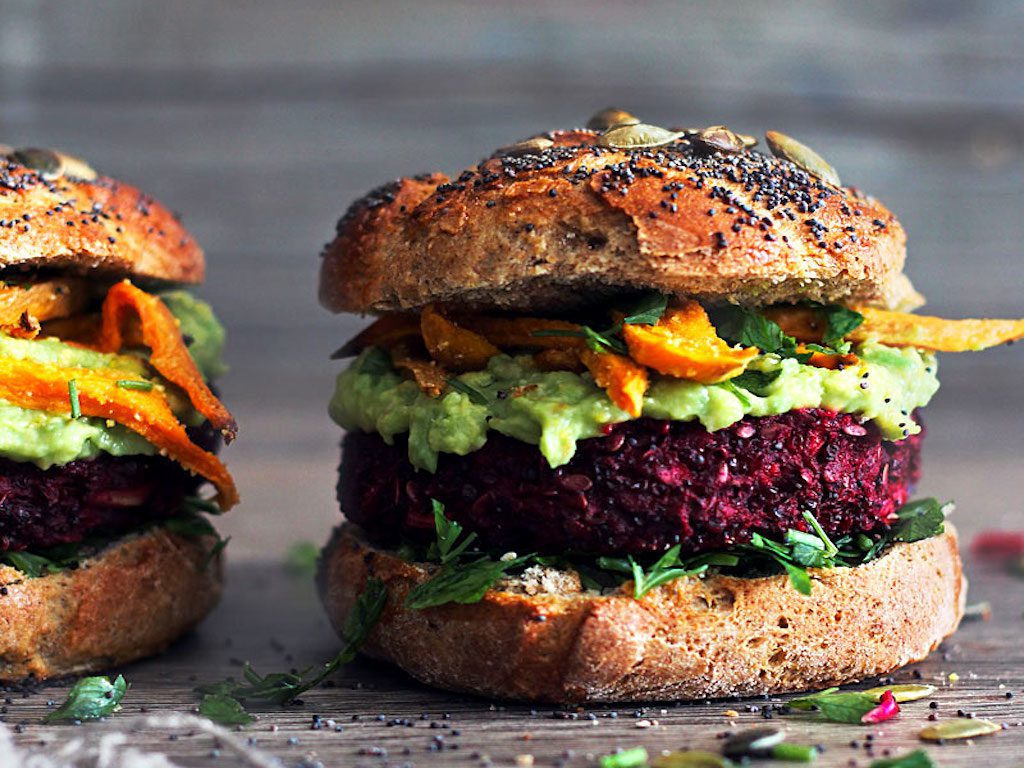Vegan food is no longer just for vegans, with the number of plant-based products proliferating on supermarket shelves and the pandemic prompting more shoppers to seek out alternatives to traditional meat and dairy items.
Supermarkets are seeing the rise of flexitarians who are eating vegan food but not adopting the entire vegan lifestyle, leading to a 50 per cent rise in the demand for plant-based products in recent years at Woolworths alone.
Data collected by Vegan Australia shows the number of vegan products listed on Woolworths’ website has grown from 550 in 2019 to about 1800 this year.
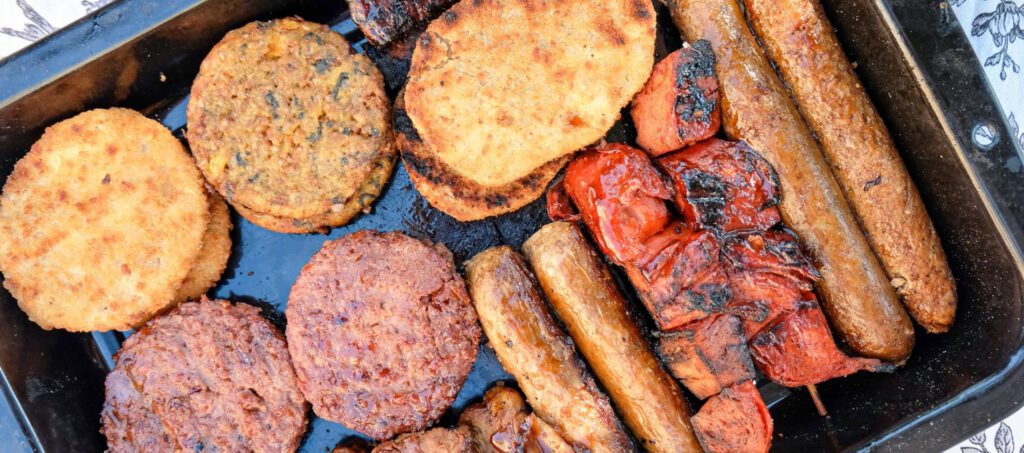
Research conducted by the supermarket giant last year found 62 per cent of Woolworths customers purchased meat- or dairy-free products at least sometimes, with the majority of plant-based proteins (88 per cent) purchased by shoppers who also bought meat rather than dedicated vegetarians and vegans.
“With the rise of ‘flexitarian’ customers looking to add variety to their diets, many customers are buying both meat and vegan alternatives, like plant-based mince and burgers,” a Woolworths spokeswoman said.
She said the range of plant-based products included meat and milk alternatives, cheese, yoghurt, tofu, falafels, snacks and dips.
However, she said: “While plant-based alternatives are rising in popularity, red meat continues to be a household staple for the majority of our customers, with sales outsizing plant-based protein by a factor of 60 to one.”
A Coles spokeswoman said they had also expanded its vegan and vegetarian range to cater for the growing number of meat-free customers.
We’ve seen a rise in the “flexitarian” and people seeking out alternative protein sources,” she said.
She said more than 1100 Coles Own Brand products, such as desserts and chilled health food, were suitable for vegans.
“We also stock hundreds of additional plant-based and meat-free products from popular brands like Beyond Burger, Wildly Good and Vegie Delights,” she said.

There has been “triple-digit growth in the sales of vegan products at IGA supermarkets, “but off a relatively small base”, a spokeswoman for Metcash said. “We have seen significant growth and expansion in the ready meal category and vegan meal solutions is part of that.”
Harris Farm co-chief executive Tristan Harris told KPMG’s Australian Retail Outlook 2022 that meat alternatives would continue to grow in popularity.
KPMG partner Lisa Bora predicted “significant innovation” in plant-based products over the next five years.
“This will be over a time that existing meat proteins become more scarce – at least on a pro-rata basis as the global population continues to grow, with a growing middle class that will demand higher quality proteins in their diet,” she said.
Bora said the cost of quality meat products was also likely to rise because of environmental challenges such as rebuilding herds following drought periods.
An estimated 2 per cent of Australians are vegan, but a 2019 survey found almost 2.5 million people whose diet is all or almost all vegetarian, while almost 10 million Australians were eating less red meat.
Product review website Fussy Vegan managing director Ken Goldstein said the unavailability of meat during the pandemic might have prompted shoppers to try vegan alternatives.
“Some are worried about the environment, some are concerned about animal welfare and others are just curious,” he said.
Goldstein said there were products specifically targeted at vegans such as vegan meats, dairy products and desserts.
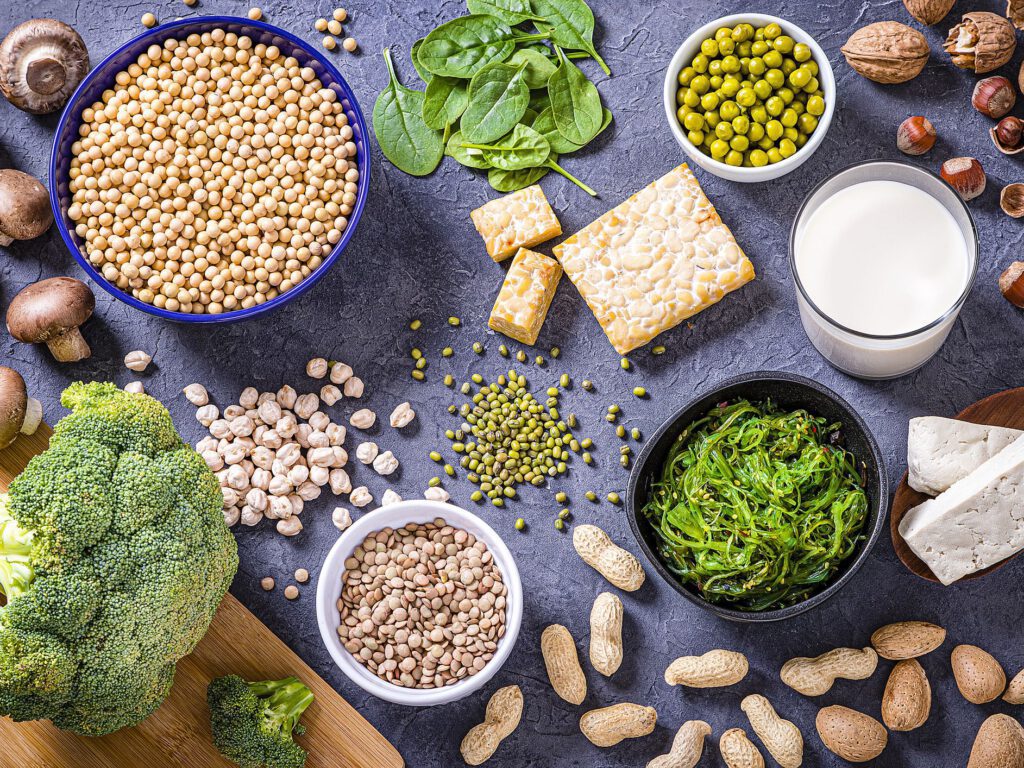
But some food manufacturers were reluctant to label their products as vegan. Other products were called “plant-based” rather than vegan or vegetarian.
“The term ‘plant based’ is used loosely here in Australia and many products labelled ‘plant based’ still contain dairy, egg and other animal-derived ingredients, so are not vegan,” he said.
Trish Haywood said food shopping for her family, who are vegans, had become easier in the past few years, as supermarkets increased the amount and variety of vegan products.
“There are even vegan products in the areas of seafood and deli,” she said. “The quality of vegan products are now equal to non-vegan and the prices are usually comparable.”
Haywood and husband Damien usually do their grocery shopping at Warringah Mall on Sydney’s northern beaches and have no trouble finding vegan options in categories such as the meat, dairy, dessert, frozen, dry goods and pre-prepared meals.
“My husband was not a vegan when we met, and he always told me that he would be happy to eat totally vegan when he could find products that tasted as good as the non-vegan version,” she said.
Haywood attributed the rise in flexitarians – people seeking to eat less meat and more plant-based foods – to increased concern about the environment, animal welfare and healthy eating.
“Speaking to non-vegan friends, family and random people, the overwhelming comments are about eating less meat and animal products,” she said.





